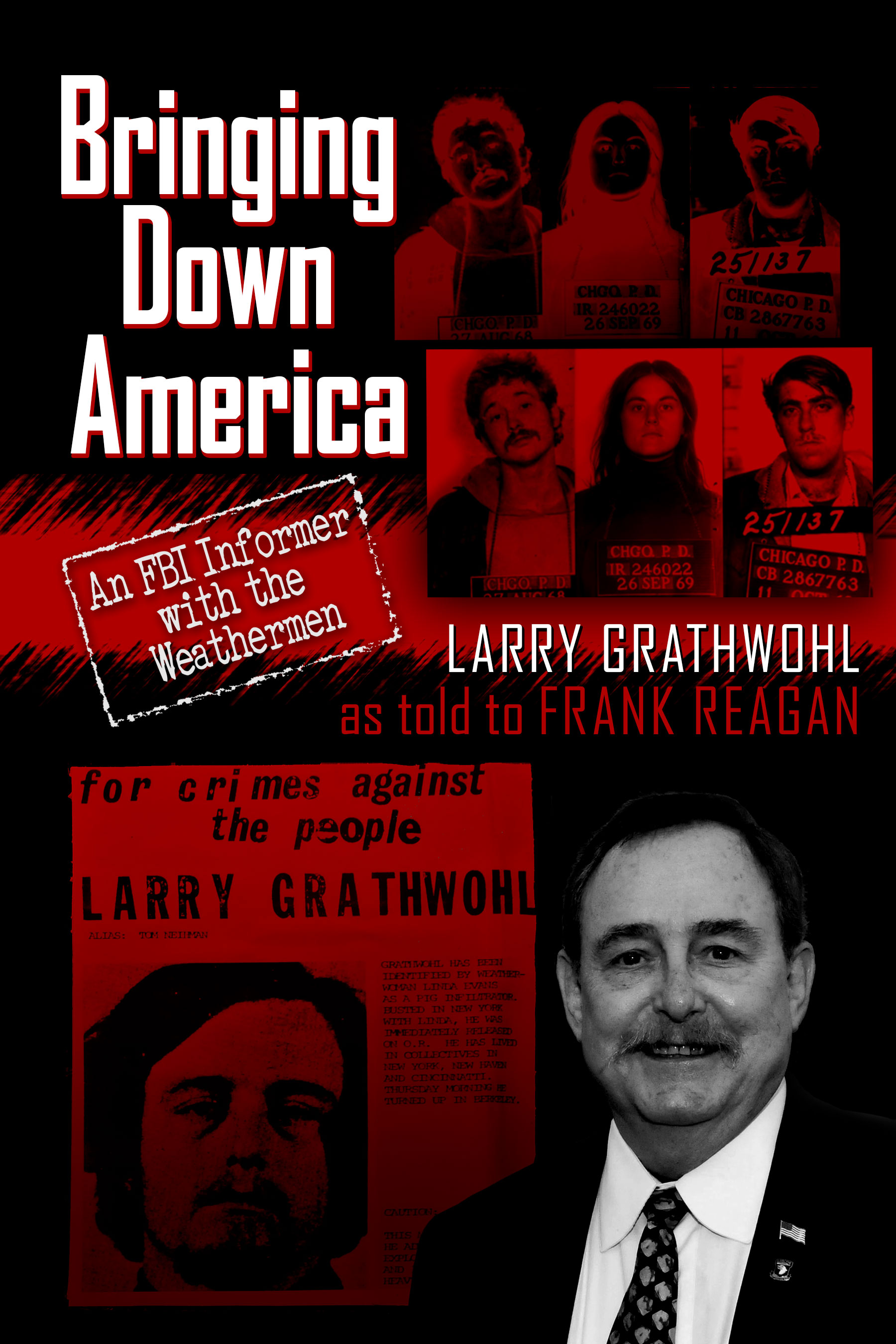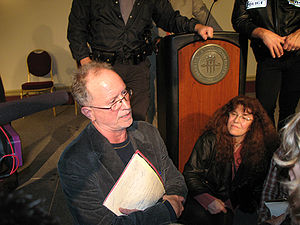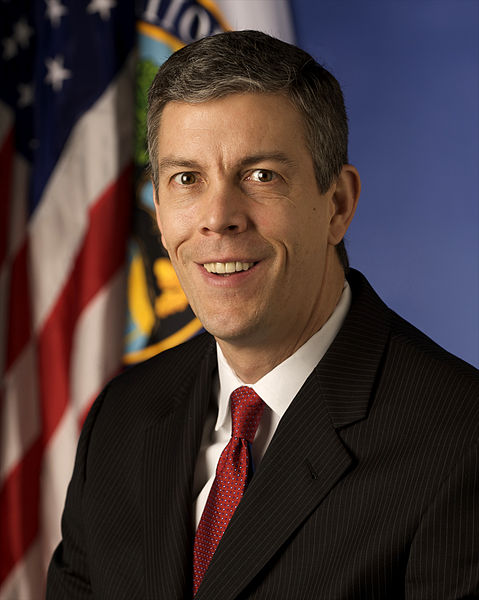 Appearing tonight with Larry Grathwohl and Tina Trent in Ft. Myers, Florida, to discuss Bringing Down America and Bill Ayers's poisonous education policies...information here.
Appearing tonight with Larry Grathwohl and Tina Trent in Ft. Myers, Florida, to discuss Bringing Down America and Bill Ayers's poisonous education policies...information here.
My book is intended to educate and inform. But after its publication we learn about another appearance by Bill Ayers, Education Secretary Arne Duncan, and Common Core test deviser Linda Darling-Hammon at the AERA conference (April 27-May 1); that's the American Educational Research Association. This year's focus was "Education and Poverty: Theory, Research, Policy, and Praxis."
Founded in 1916, AERA "is concerned with improving the educational process by encouraging scholarly inquiry related to education and evaluation and by promoting the dissemination and practical application of research results."
The website lists "more than 25,000 members," who are "faculty, researchers, graduate students, and other distinguished professionals with rich and diverse expertise in education research." These professionals "work in a range of settings from universities and other academic institutions to research institutes, federal and state agencies, school systems, testing companies, and nonprofit organizations. Based on their research, they produce and disseminate knowledge, refine methods and measures, and stimulate translation and practical application of research results."
Although the organization is based in Washington, D.C., the website claims to be international "in scope," with 5% of its members from outside the U.S.
Arne Duncan bragged about his keynote address at AERA in his mailing from the Dept. of Education, but failed to mention that his sidekicks, Ayers and Darling-Hammond, were probably in the audience, if not right then but at the conference itself.
Darling-Hammond, according to the program, participated in a "Presidential Session" called "Finding Superman: Debating the Future of Public Education in America," on Saturday at noon, chaired by Watson Scott Swail, of the Educational Policy Institute. Other interesting personages on the panel included Arthur Levine of the Woodrow Wilson Fellowship Foundation, Stephen Joel Trachtenberg of The George Washington University, Virginia Edwards of Education Week (the Bill Gates-supported propaganda organ for Common Core), Milton Chen of the George Lucas Educational Foundation (that specializes in mind-and-emotional control called "social and emotional intelligence"), and Benjamin Levin of OISE/University of Toronto.
Appearing simultaneously was co-founder of the domestic terrorist group Weatherman, Bill Ayers, in a panel of the Social Justice Action Committee called "The Role of Education in the Quest for Freedom: Celebrating the 150th Anniversary of the Emancipation Proclamation."
Ayers's affiliation was listed as University of Illinois at Chicago, even though he had retired in 2010 and was denied emeritus status.
He appeared alongside UIC's Kevin K. Kumashiro, James D. Anderson of the University of Illinois at Urbana-Champaign, Karen Ann Johnson of the University of Utah, and Georgia's very own Joyce E. King at Georgia State University (who also was a keynote speaker at the Association of Teacher Educators conference in Atlanta). So who paid for Ayers to travel to San Franciso, the location?
 A response to the theme of "poverty" by Che Guevara-loving UCLA education prof Peter McLaren is linked on the AERA website. It's titled "The Poverty of Capitalism." It appears that McLaren participated in four sessions at the conference, among them, "Left Behind in the Race to the Top." Peter McLaren and Bill Ayers coauthored a paper and appeared together in a session called "In Memorium Hugo Chavez."
A response to the theme of "poverty" by Che Guevara-loving UCLA education prof Peter McLaren is linked on the AERA website. It's titled "The Poverty of Capitalism." It appears that McLaren participated in four sessions at the conference, among them, "Left Behind in the Race to the Top." Peter McLaren and Bill Ayers coauthored a paper and appeared together in a session called "In Memorium Hugo Chavez."
Bill Ayers was involved in eight panels or events at this conference, in fact. In addition to the two already mentioned were:
Dystopia and Education about "Eutopia Gone Wrong"
Social Imagination and Political Activism in Education
a documentary film festival on black education
a (another) "Fireside Chat" on "Life as a Professor"
Making Comics as Educational Research and Theory
a paper titled "Occupy This, Occupy That, Occupy Everything: Public Pedagogy, Imagination, and Education," presenting the insights from his teaching at OWS encampments across the country
Funny that Arne Duncan mentioned nothing about this company where he made his keynote speech, pitching Common Core.
The Department of Education "Homeroom" blog post announced:
Education researchers play an invaluable role in formulating policy, from preschool to grad school, Secretary Arne Duncan told the attendees of the American Educational Research Association (AERA) annual meeting in San Francisco this week where he laid out a vision for where assessment is going, and engaged researchers on the role they play in improving education. “You are the experts. You are the independent truth-tellers."
Those "experts" would incude Bill Ayers. Duncan, in the text of the speech, addressed the "frustrations" teachers have with standardized tests:
The solution to mediocre tests is not to abandon assessment. Instead we are supporting the creation of much better assessments, aligned with higher standards, to propel better instruction and assess growth in learning. That is a driving motivation for our Department's $350 million Race to the Top Assessment awards to two consortia to develop Assessment 2.0.
 No doubt he had in mind Bill Ayers when he referred to anti-testing advocates who claim that tests lead to cheating. These are better and improved tests, Duncan insisted:
No doubt he had in mind Bill Ayers when he referred to anti-testing advocates who claim that tests lead to cheating. These are better and improved tests, Duncan insisted:
The next generation of assessment systems includes diagnostic or formative assessments, not just end-of-the-year summative assessments. The two state consortia must assess student achievement of standards, student growth, and whether students are on-track to being college and career-ready. And the new assessment systems must be effective, valid, and instructionally useful.
"Diagnostic or formative assessments"?
We are asking an enormous amount (sic) of principals and teachers in the next several years. In a relatively short transition, teachers are being asked to teach to much higher standards, to help develop and implement more effective curriculum aligned with those standards, and to prepare all students for more demanding assessments.
Notice the admission that teachers will develop and implement "curriculum aligned with the standards." Common Core, if you recall the sales pitches, involves only "standards."
Finally,
And finally, testing experts need to further expand the range of assessments in the years ahead by developing better, reliable, and valid assessments of children's non-cognitive skills. This is the next frontier in assessment research—and it is hugely important to me.
What are "non-cognitive skills," we wonder, and why does the government care about them?
These apparently are "soft skills" already being tested on children in Tennessee:
IES [Institute of Education Sciences, a government agency] is currently funding a project involving 535 children, in 58 preschool classrooms in Tennessee, to develop a teacher rating scale and a direct assessment of children's learning related to self-regulation skills. It's a great start—but we still have a long way to go in assessing these so-called "soft skills" that are actually anything but soft.
 Anything but soft? Really? Sounds a lot like the "criticism/soft criticism sessions" of the Weatherman described by Larry Grathwohl last night.
Anything but soft? Really? Sounds a lot like the "criticism/soft criticism sessions" of the Weatherman described by Larry Grathwohl last night.
So now we've got the Weatherman founder at this conference with the Secretary of Education pitching Common Core.
As that old saying goes, "You don't need a weatherman to know which way the wind blows."
When it comes to education, it's blowing in the direction of the kind of totalitarian/communist government envisioned by Bill Ayers.